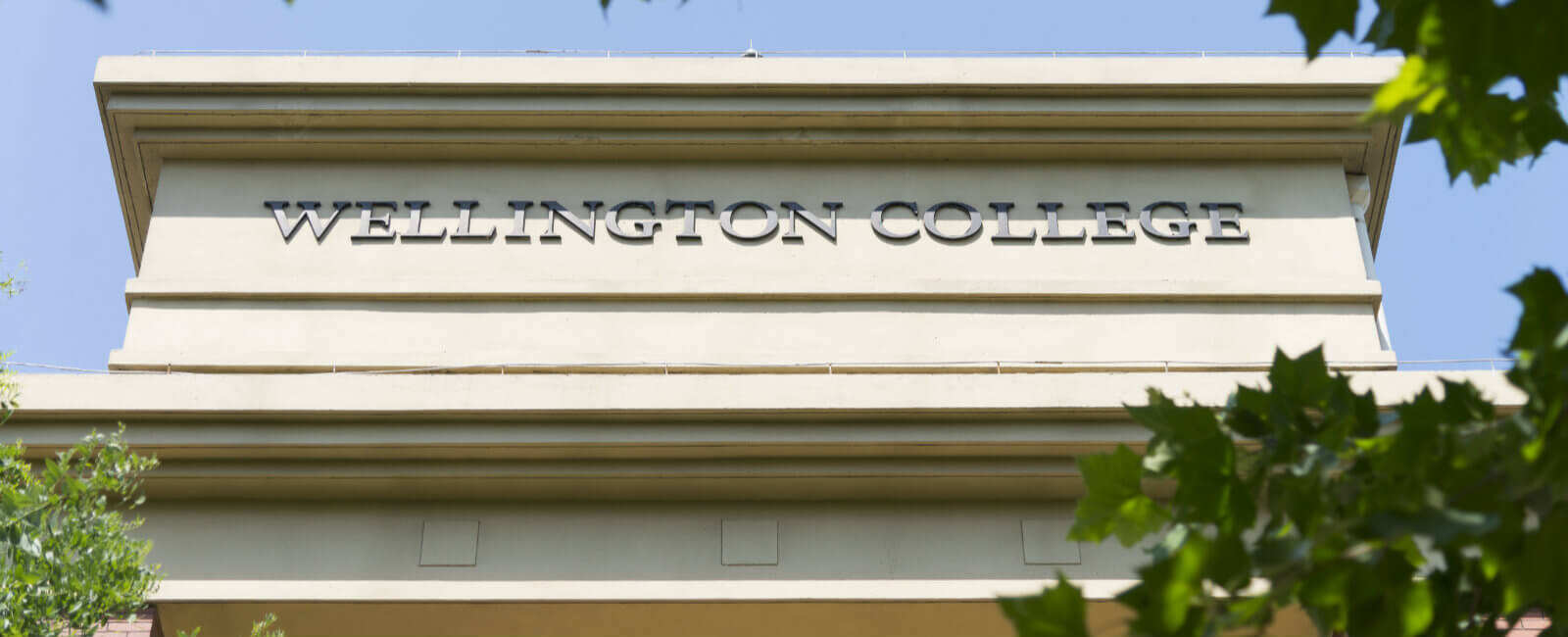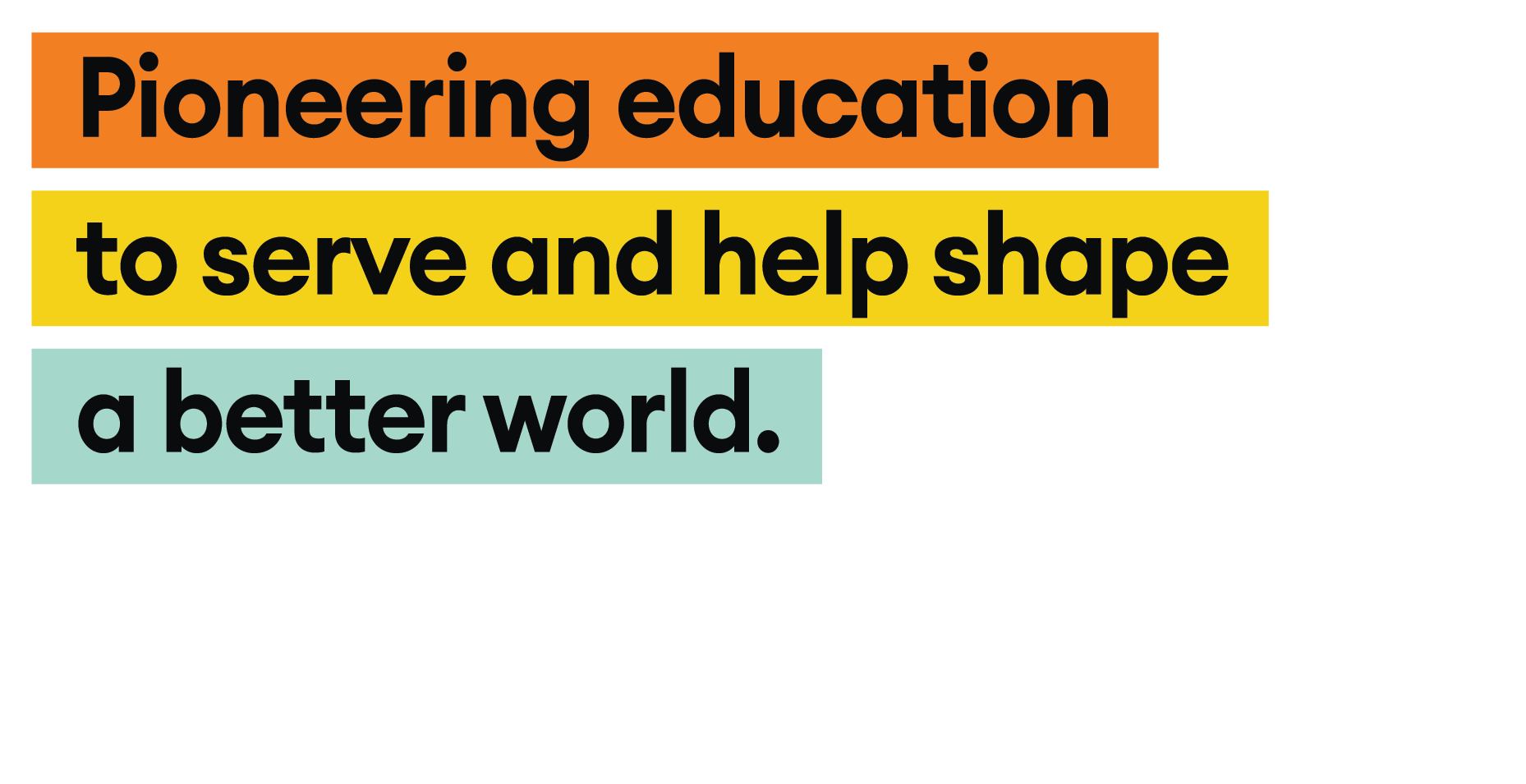The Week Ahead 26 February 2021

Dear parents
We have spent a great deal of time celebrating our pupils' academic achievements over the past few years. It has been great to share in the joy of public examinations candidates as their results continue to rival those of the best schools globally, for example, and successes in university admissions are now well known to everyone in our community. I have seen how success breeds success in our school, raising the aspirations and expectations among pupils and parents so that even the most ambitious goals become achievable ones. That is an energising factor for us all; there is no more potent force in raising standards in schools than a belief that once distant dreams can become an everyday reality.
For some pupils, however, sharing such messages of high achievement is not easy. We have been conducting research for several years on identifying the ways our pupils think of themselves and their school in the context of their learning. Some parents may even be familiar with the PASS test we do here each year. PASS stands for 'Pupil Attitudes to Self and School'. Unlike the CAT4 test, which all children from year 4 do annually, the PASS test is not designed to assess academic potential. Instead, it shows us how pupils feel about their learning – about their confidence as learners, how they feel about their teachers and the curriculum, and the levels of motivation they have for education. It is a very useful counterpoint to the CAT4 test, as it provides us with another way of supporting pupils who may be experiencing attitudinal or emotional hurdles to higher achievement.
It is important to note that the results are not linked to cognitive ability - the capacity to learn and do well academically. Pupils with very high CAT4 scores, thus with high academic targets, can score poorly on the PASS test, and vice versa. Mr Roundell has been working on a research project for the past few months, designed to use the information we get from the PASS tests to address emotional concerns among pupils and help them overcome some of their barriers to accelerated academic progress. The good news is that the vast majority of pupils show exceptionally positive responses to themselves as learners and their school; in fact, our external consultant reports that he has rarely seen such strong results. There are, though, some pupils who show lower scores on what is termed their 'learner self-regard'. This is, in effect, a child's idea of his or her level of self-worth as a learner, irrespective of their actual learning ability. For these pupils, not believing themselves to be strong and capable learners is a barrier to higher achievement.
What can be done to support such pupils? Many of the school's priorities for this group are focused on developing a more positive self-image – in other words, praising effort and 'grit' rather than results (you may remember I discussed the importance of a growth mindset in a Week Ahead piece last term). We offer pupils 1-1 mentoring with senior teachers and focus group discussions to foster a greater sense of self-esteem in their approach to learning. At home, if you suspect that your child has low levels of self-worth as a learner, there are some indications to guide you, including a reluctance to discuss schoolwork, accept praise for high grades or test scores, or a stubborn unwillingness to take perceived 'risks' in their education by joining competitions or debating groups. Strategies to adopt at home can include:
-
Avoiding open comparison with other pupils, particularly well-known academic high-flyers
-
Try discussing your own experiences as a child and how you used resilience to overcome hurdles in your own educational journey. Recognising that others have been through similar experiences can be very empowering for children.
-
Emphasising effort and determination over outcomes and results is helpful. Children with a low sense of self-worth can thrive on effort without fixating on the result.
Addressing these areas will help our young people gain greater resilience and independence in their learning, unlocking their potential as they grow through the school. We will be sharing more work around the PASS data and strategies to help our pupils develop their confidence in learning in the coming weeks and months. If you would like to know more in the meantime, please contact Mr Roundell.
(toby.roundell@wellingtoncollege.cn)
Best wishes
Julian Jeffrey
MASTER


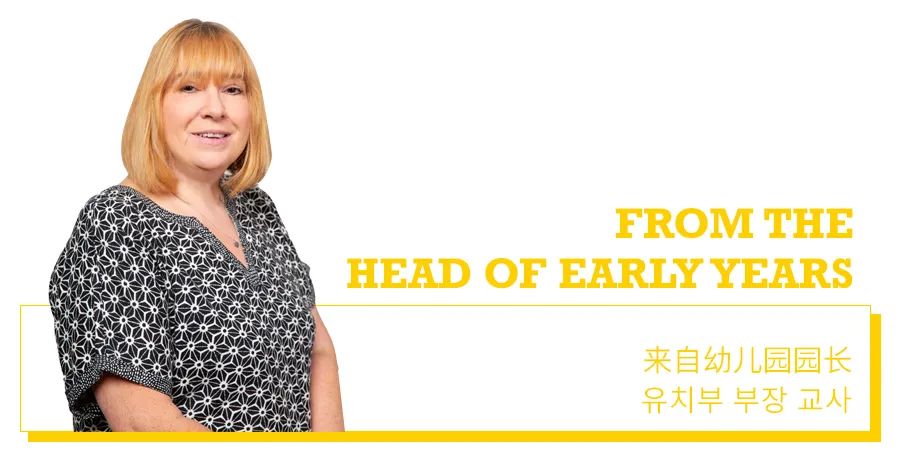
It has been wonderful to welcome the children back to the Nest after the Chinese New Year holiday. I hope you all had a lovely holiday and got to spend some time with your families.
As a nursery school, we are subject to regular detailed inspections by the Chinese Education Bureau. As you can imagine, these inspection visits cover every aspect of the work we do in the Nest. Since Covid 19 came into the world the CEB has conducted regular inspections to ensure we have strict Covid prevention measures in place. I am delighted to say that the Nest leadership and administration team along with the Nest school nursing team have passed every single inspection.
I would like to take this opportunity to thank those families who did travel but were able to provide all the necessary tracking and test results. We know it made things a little more complicated, however, as a school we try to go above and beyond to make sure we keep our children, families and staff safe – I know you support us in our efforts.
The start of this term sees the children exploring a new theme. We are going, 'under the sea'. It promises to be a voyage of discovery into what lives in the oceans around the world, looking at the weird and wonderful creatures that live in the sea and ocean habitats. Each year group will have a new core book that will be the basis of their learning. Some will be finding out about the creatures in 'Commotion in the Ocean', while our youngest children will be following the journey of a hermit crab as he sets off to find a bigger house. The children will look at fiction and non-fiction books and will search for information online as part of the technology curriculum. The children will also go on a virtual trip to see an aquarium. Using technology in this way supports our children to learn from exciting virtual experiences.
We look forward to the next weeks of term and look forward to seeing signs of spring very soon!
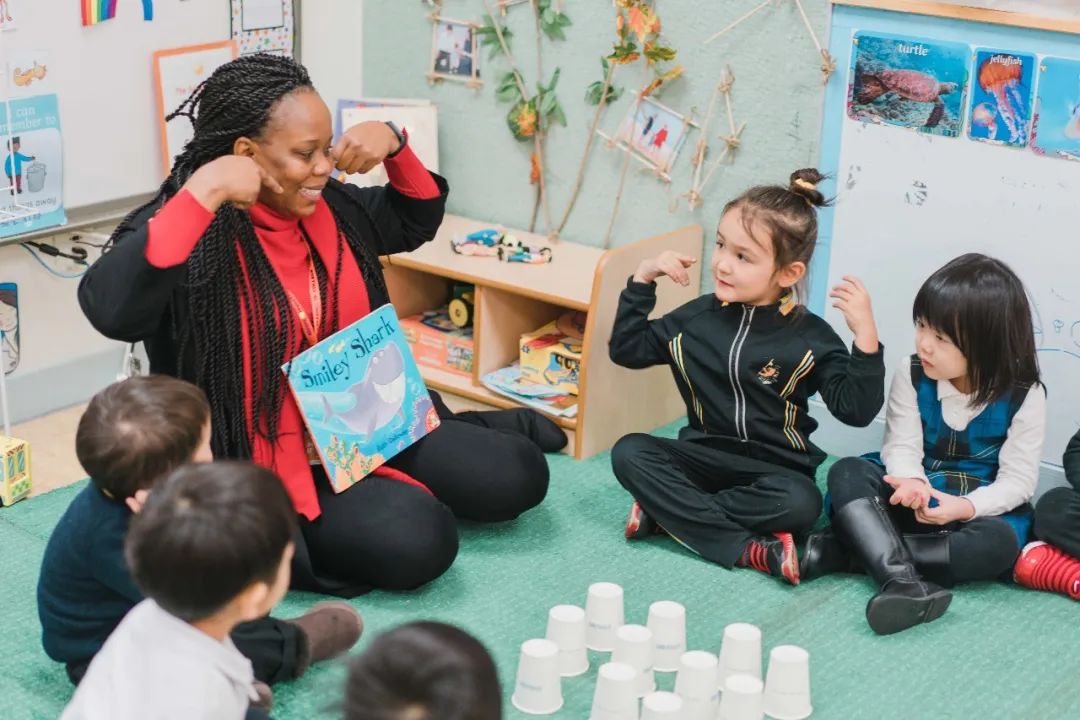
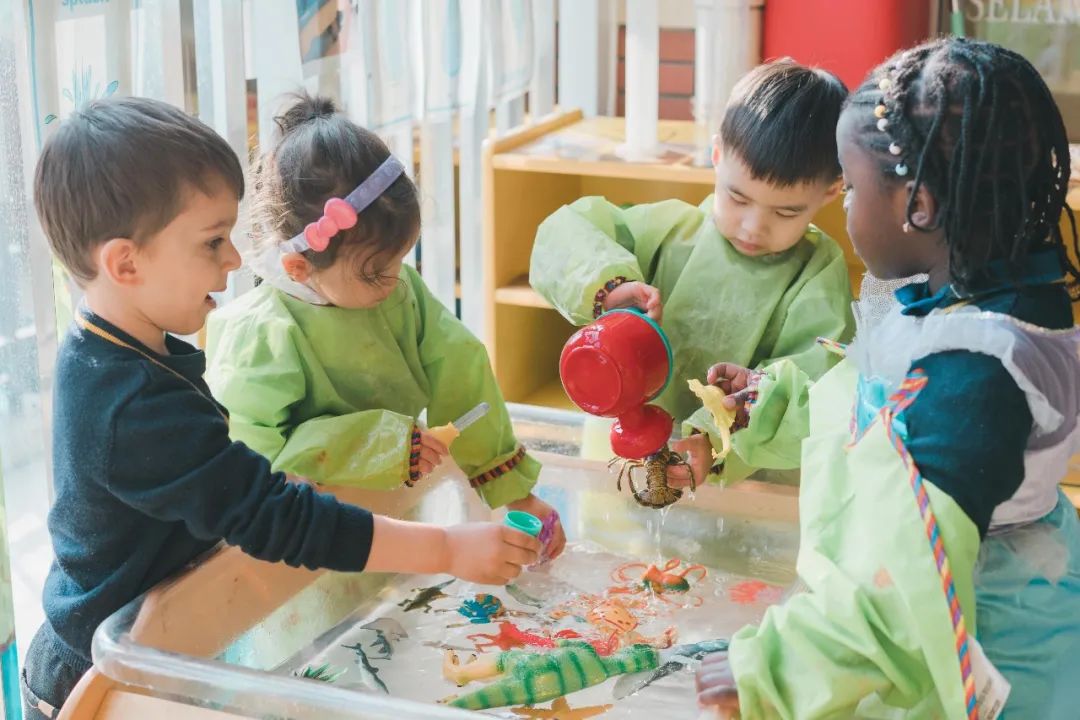
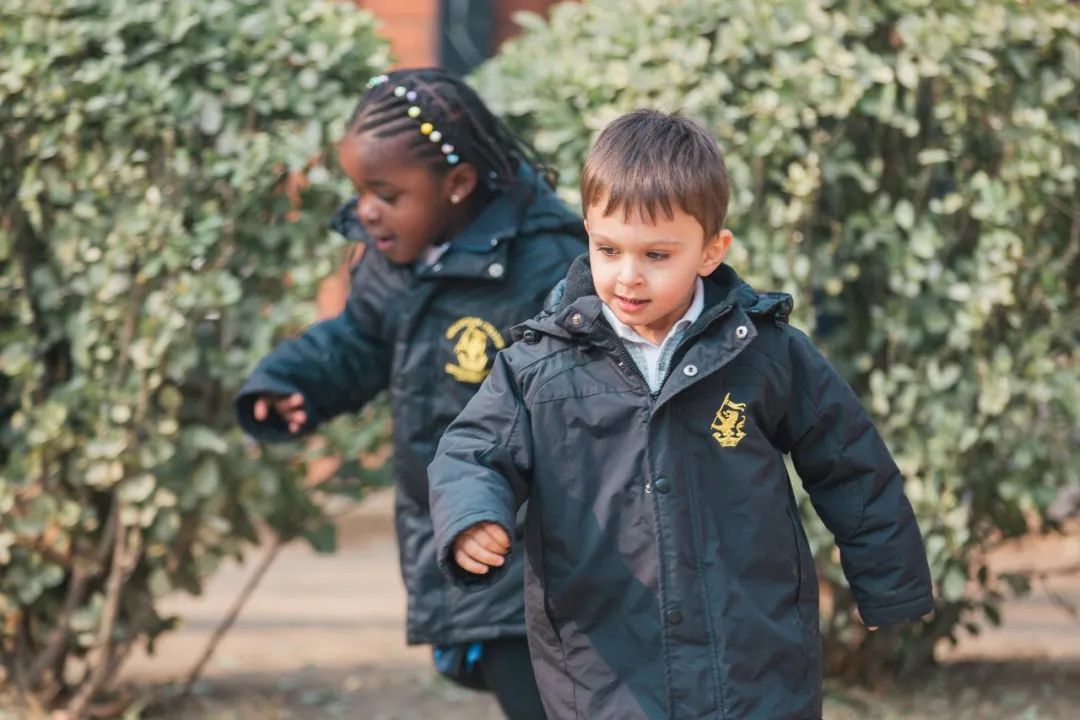

PARENT BRIEFING: WELLBEING AT WELLINGTON
Online
0900hrs-1015hrs, Friday
5th March
In this presentation, Mr Toby Roundell, the Pastoral and Safeguarding Lead, explores what wellbeing is, why it is important, and how Wellington nurtures and evaluates wellbeing across the schools. Finally, he reflects on adult behaviours that support happiness and wellbeing in the community.


Open Morning for Nest Parents in the Junior School
Main Building
0830hrs-1030hrs, Friday
5th March
We are holding a special open morning for our Reception and Year 1 parents in the Junior School to see first-hand the learning environment and the teaching and learning in the international school. The morning will start with a briefing by senior leaders, followed by a tour, and then some time can be spent in the classrooms. Please confirm your attendance with Mrs Hannah Wang via email with your request. We are delighted to be able to welcome parents into the school, subject to your reservation. Please ensure that you bring your Wellington parent ID card and show the Tianjin green health code at the security entrance.
(hannah.wang@wellingtoncollege.cn)
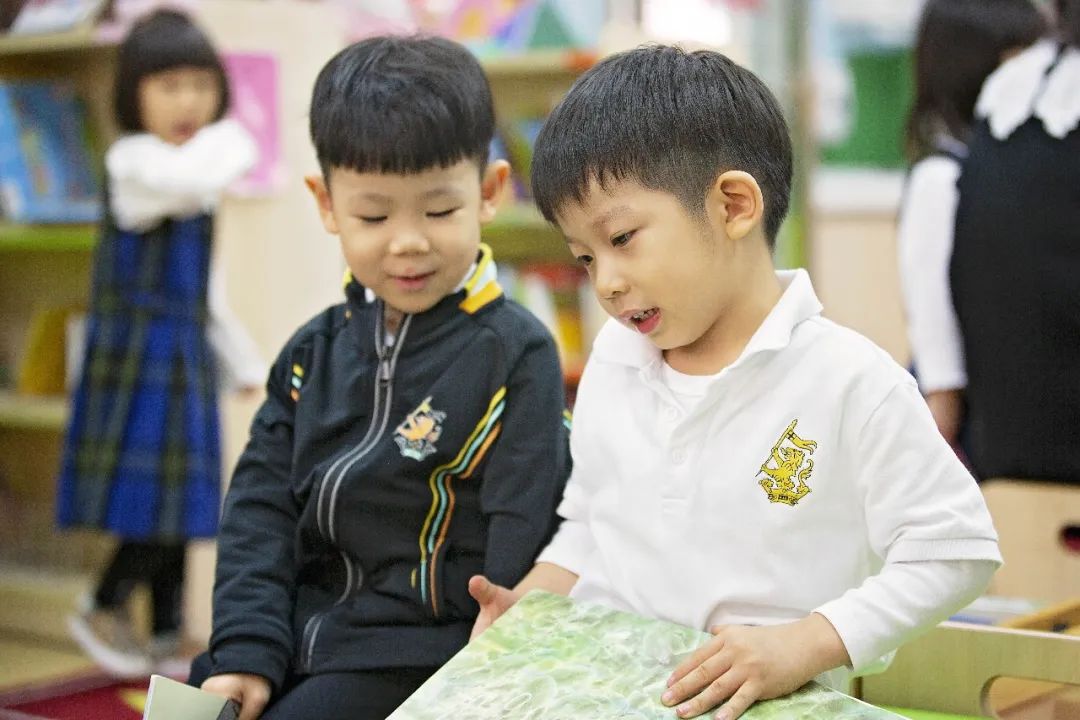

UPCOMING EVENTS
Monday 01 March 2021
All Day
Week 24 (B) (Campus)
Friday 05 March 2021
8:30AM - 10:30AM
Open Morning for Nest Parents in the Junior School (JB/LL) (Main Building)
9:00AM - 10:15AM
Parent briefing: Wellbeing at Wellington (ES) (Teams)
9:00AM - 9:30AM
Nest Assembly- Eaglets share and show (JB)
Saturday 06th March 2021
9:00AM
Saturday Activity Programme (SAP) (EvK) (Campus)
Related Articles
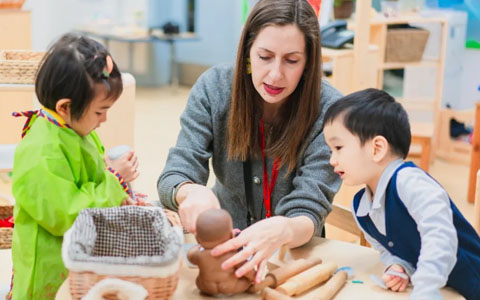
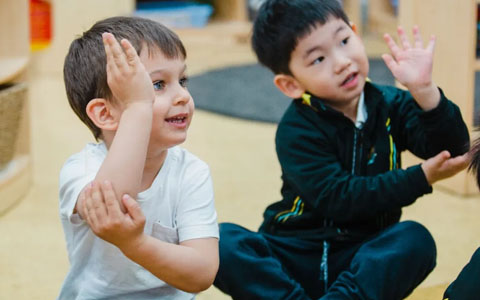






 Channel
Channel 
 Linkedin
Linkedin  Weibo
Weibo  Facebook
Facebook  Ins
Ins 


